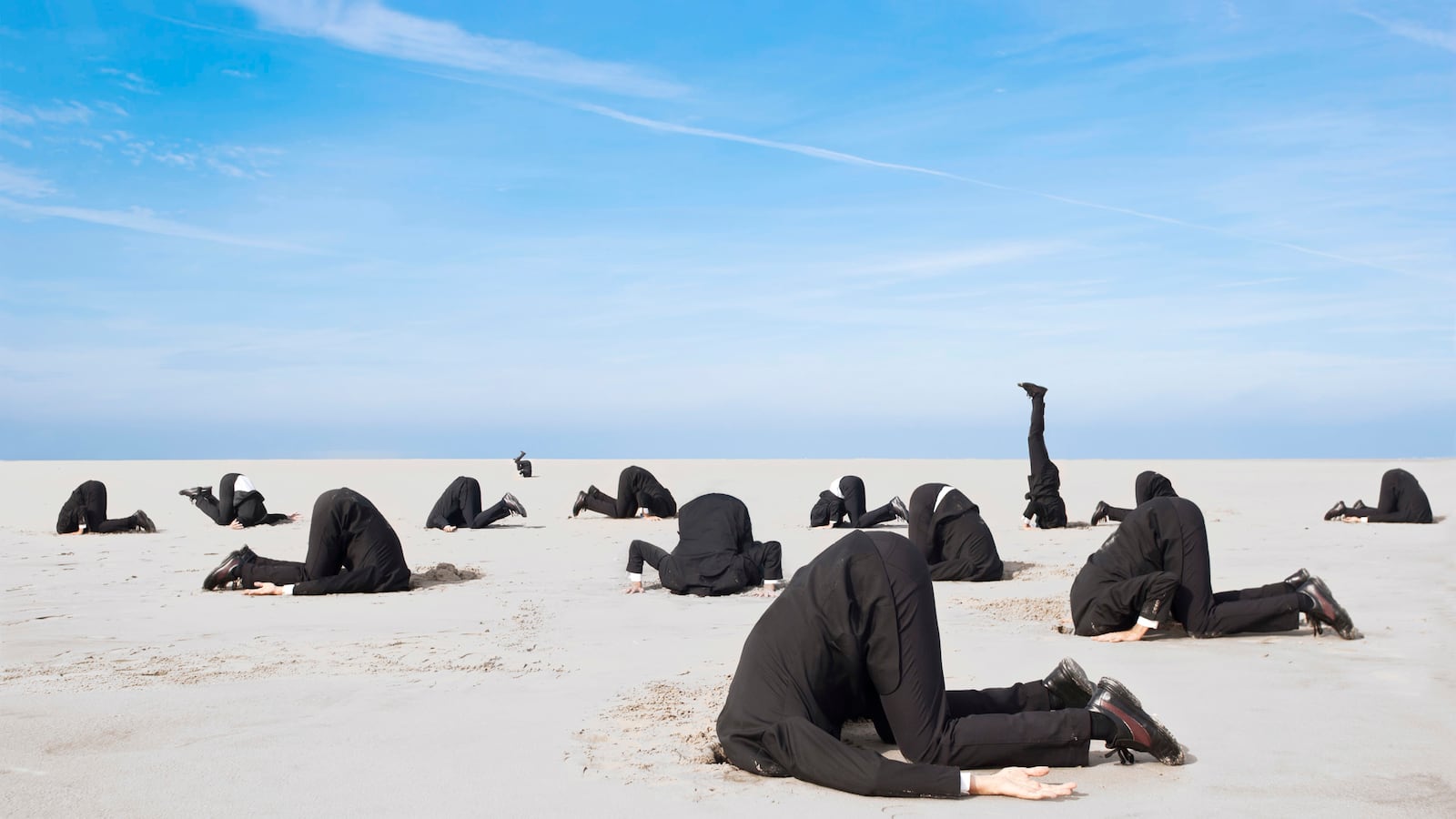What's your big idea?
Climate politics, and the policies that result from it, should be designed to promote human wellbeing. This goes without saying, unless one is a misanthrope. Nevertheless, climate politics has instead been about something quite different, namely promoting short-term interests of actors with close connections to governments, leaving almost all of us worse off and devastating the lives of millions of people in the future. So my idea is simple: let’s focus climate politics and policy on making all of us better off. What’s nice about this idea is that even the climate deniers and their backers in the fossil-fuel industry cannot disagree, at least openly, that it’s what we should be aiming for.

Why is climate politics deadlocked?
I propose three explanations—diagnoses—for what ails climate politics: First, what I call the “cancer of Westphalia.” The Westphalian international system encourages nations to fight for their narrow, short-term perceived interests, making effective international cooperation on climate change extraordinarily difficult. However, what should matter is not the narrow interests of nations but the wider interests of people living in them.
Second, the “malignancy of the Great Polluters.” The United States and China together produce well over one-third of the pollution that causes climate change. Yet each has refused to compromise on the demand that the other should commit first to doing much more to limit its pollution. The whole world is being held hostage to these two nations’ supposed interests.
And, third, the “addictions of modernity.” Growing pollution that comes from material consumption, energy use and other aspects of Western lifestyle is spreading from the developed nations to the developing world as more people join the global middle class. Feeding these addictions isn’t making people whose needs are already met any happier. Often it’s making us miserable because we lose sight of what matters in life: time with family, leisure, community service, and the like.
These ailments are fundamental impediments to robust action on climate change. The nation-state system preoccupies policymakers, experts, and even individuals with top-down, nation-centric solutions, distracting us from the rights and needs of people. The United States and China, while not the only national causes of climate change, can by themselves prevent global solutions to the problem. And Western-style material consumption, spreading fast to China and other developing nations, is utterly unsustainable from the perspective of climate change, and indeed from perspectives of wider environmental health and human wellbeing.

What should be done to fix climate politics?
Among the most essential treatments for the ailments of climate politics are, first, what I call “people-centered diplomacy”—diplomacy and international agreements that put human beings, including the needs of the world’s poor and the duties of the world’s affluent people, at the heart of responses to climate change. This seems obviously important, but it’s not what diplomats are doing now. By focusing on national interests, the interests of ordinary people are shunted aside, suffering in the long run. This is wrong; people ought to come first.
Second, what I call “differentiated responsibility”: a formula for international cooperation and domestic policies premised on putting the responsibilities of individuals alongside the responsibilities of nations. This is vital because, while many of us agree that developing countries deserve a break, and that the U.S. and other rich nations must act first, it’s a political dead-end to demand that struggling Americans pay more for energy while super-rich Chinese live like fat cats. All fat cats, whether American or Chinese (or whatever) have an obligation to restrain their pollution before asking poor Americans and Chinese to do likewise.
And third, what I call “consumption of happiness”: a campaign to cultivate human happiness through full and rewarding lives that are premised on sufficiency and environmental sustainability rather than limitless yearning to find satisfaction and pleasure through excessive material consumption. Social science research shows that having more stuff doesn’t make us happier. It hurts us. So what’s needed, fundamentally, is that we all become more “selfish.” But selfishness must be defined as promoting our genuine wellbeing. If we do that, we’ll all be better off—and well on our way toward limiting the worst effects of climate change.






